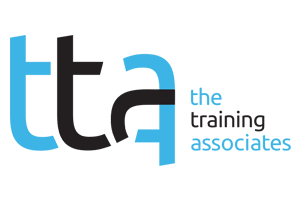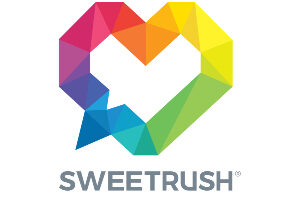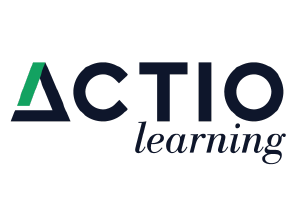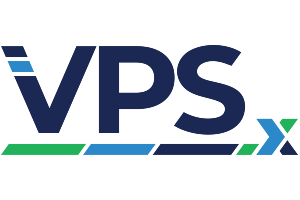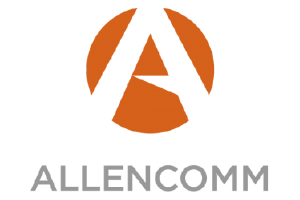Today’s ever-evolving workplace presents a challenge for learning and development (L&D) professionals: ensuring the workforce is adequately prepared for change. This challenge is compounded by shifting workforce demographics. A Glassdoor study analyzing U.S. Census Bureau data predicts that Generation Z, those born between 1997 and 2012, will soon outnumber Baby Boomers. Despite concerns over Gen Z’s workforce preparedness, this generation possesses certain “superpowers” that legacy employees can learn from and organizations should leverage.
The Power of Gen Z’s Adaptability
While some members of Generation X and Boomers may be hesitant to abandon familiar routines with the mindset of “don’t fix what isn’t broken,” many in Gen Z possess the flexibility needed to succeed in the future. Gen Z has developed skills for effectively navigating workplace disruptions due to coming of age in an era marked by rapid technological advancements, economic fluctuations and global events that have continually reshaped the workforce.
Yet, these valuable skills are often overshadowed by common assumptions. A study from Intelligent found approximately 40% of business leaders believe recent college graduates are unprepared to enter the workforce, citing factors like work ethic and communication skills. Despite these perceptions, Gen Z’s unique experiences have equipped them with the adaptability necessary to thrive as the workplace continues to undergo significant transformations.
The failure to acknowledge Gen Z’s strengths should prompt businesses to reassess their training initiatives. Companies must uncover gaps in L&D programs to address the needs of all employees and ensure they are equipped with the versatility essential for crafting future-ready workforce strategies.
Learning From Today’s Changemakers
Because Gen Z employees have grown up in a rapidly evolving environment, they understand the importance of continuous learning. In fact, this workforce prioritizes it when exploring career opportunities — 74% of Millennial and Gen Z employees are likely to leave their current employer within the next year due to a lack of skills-building support or career mobility options.
L&D professionals should design training that cultivates Gen Z’s growth mindset across the organization, ensuring this desire for career development is met. This mindset shift coincides with technological advancements like AI and automation impacting the workforce — 37% of Gen Z believe the incorporation of AI and automation will be the most significant workplace change of the next decade. While keeping up with technical skills is table stakes for these workers, Gen Z believes highly developed human skills offer them the competitive edge they’ll need.
A Pearson study, which analyzed over 20 million job ads from the US, UK, Canada and Australia, highlighted the importance of “power skills” like relationship building, communication and a capacity for continual learning and growth. Therefore, it’s critical that training programs strike a symbiotic balance between technical and soft skills. This means fostering capabilities like critical thinking, problem-solving, collaboration and adaptability. By taking this approach, organizations can equip all their employees with the skills to thrive in an uncertain future.
Developing a Future-Proof Workforce Strategy
Creating a culture of continuous learning is pivotal for organizations to adapt to the pace of change. This entails empowering employees to proactively pursue ongoing education, participate in skills-based workshops, leverage virtual learning platforms and engage in other L&D opportunities that ultimately foster the heightened sense of curiosity akin to Gen Z employees.
Instead of rigid, one-size-fits-all training approaches, companies should develop personalized learning pathways that align with critical organizational needs. Organizations that prioritize assessing current employee capabilities, and then tailor upskilling and reskilling accordingly, will gain a decisive competitive edge as the demands of the global skills economy shift.
As organizations take on the challenge of future proofing their workforces, Gen Z’s adaptability and continual growth mindset should be harnessed as strengths. By aligning L&D initiatives with Gen Z’s expectations — providing personalized skill development pathways, balancing technical and soft skills and encouraging lifelong learning — companies can help employees build the skills to keep up with technological advancements.

